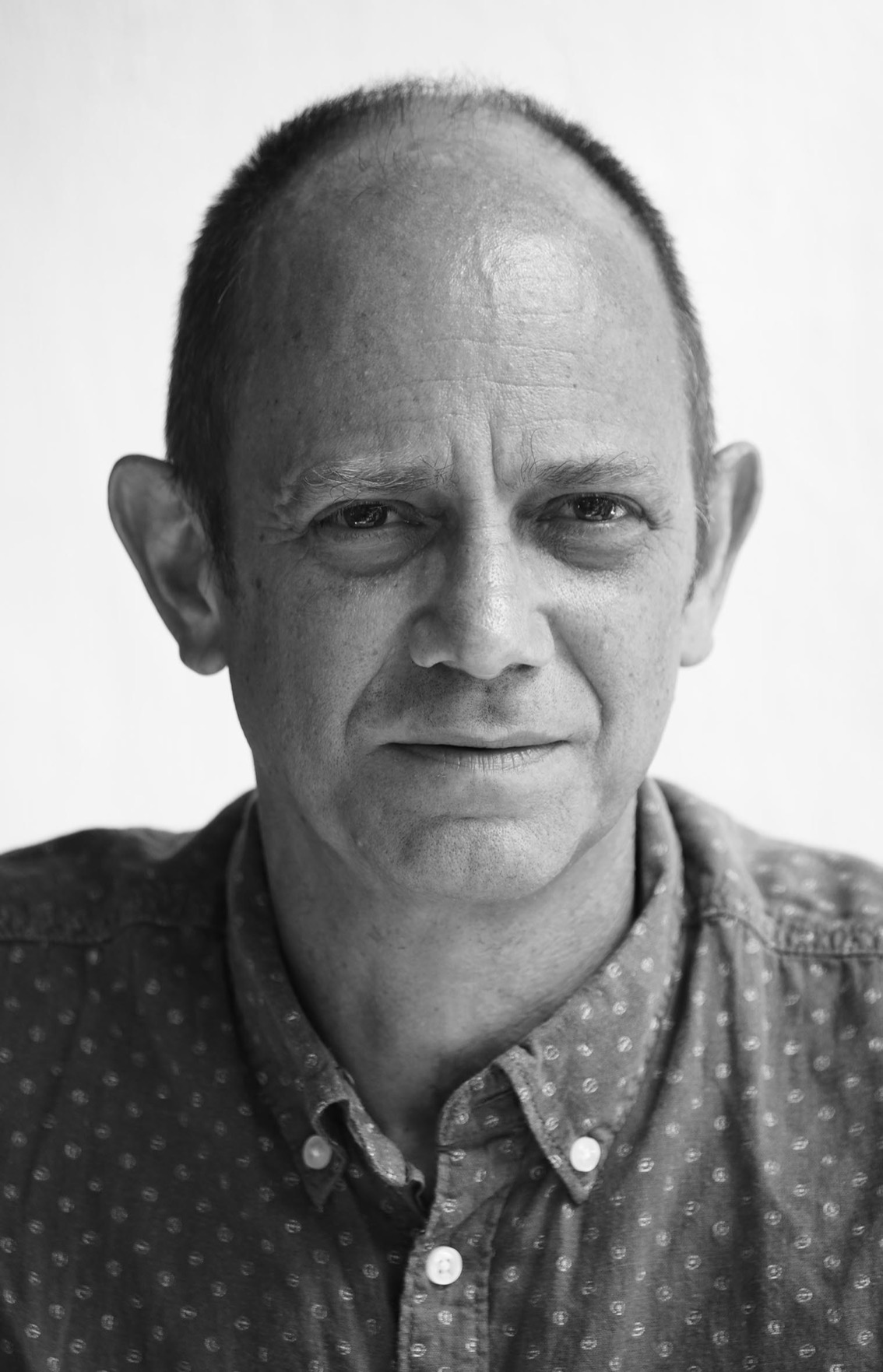
The titular promise, which is broken almost as soon as it has been uttered, revolves around Salome, the family’s faithful Black housekeeper, who is supposed to inherit the house in which she lives and the land upon which it stands when Rachel Swart dies. …but leaving now would be terrible, it would be like when Ockie erased the who-shot-JR episode of Dallas from the VHA player by mistake before she’d seen it. In another, a woman wants to help her niece… Imagine, your last sight in this world, a bag of dog food! Though she did see a man having a fit once, maybe even a heart attack, in the pet food aisle in the supermarket. One of the characters, for instance, likes to hang out in a particular shopping mall because “nothing terrible could ever happen to you there”: The omnipresent voice swings between intimacy and sardonicism, sometimes within the space of a paragraph, and has a gleeful, occasionally witty undertone. (Admittedly, it does take a while to get used to this style, because the lines between a character’s thoughts, their actions and the commentary of the narrator do blur, but once you get “into” the story it is quite spellbinding as it ebbs and flows and weaves its magic.) The book is structured around four family deaths, each about a decade apart, and is told in the third person using an ever-shifting perspective - pegged to different characters - to create a free-flowing big-screen narrative that wields a rather hypnotic effect. It charts their downfall over a period of some 40 years, using this as a metaphor for the decline of white colonial rule. In a nutshell, The Promise is about the Swarts, a privileged white Afrikaner family, living on a farm outside of Pretoria. I’m happy to report that it didn’t disappoint. His new novel, The Promise, is his first in seven years, so its arrival came with some expectation.


I love the recurring themes in much of his work about religion, racism and community, all seen through the lens of South Africa’s complicated history and issues arising from the dismantling of apartheid. Ever since I belatedly discovered him in 2015, I’ve been steadily making my way through his back catalogue, and I am yet to meet a book by him I haven’t adored. Fiction – paperback Chatto & Windus 293 pages 2021.ĭamon Galgut is one of my favourite authors.


 0 kommentar(er)
0 kommentar(er)
